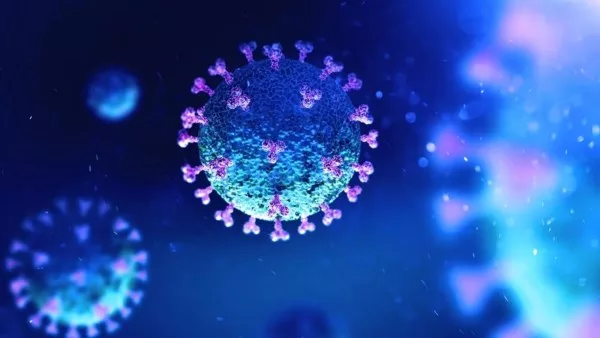New Study Sparks Concerns Over COVID-19 Vaccines, Links Them to Increased Risk of Six Cancers

New Study Sparks Concerns Over COVID-19 Vaccines, Links Them to Increased Risk of Six Cancers
Growing unease surrounding COVID-19 vaccines has resurfaced after a newly published Korean study suggested a potential link between the shots and an elevated risk of developing several types of cancer. Amid ongoing public distrust in health authorities and controversial remarks by officials, this latest research is stirring fresh debates.
The peer-reviewed study, published in Biomarker Research, a journal under the globally recognized Springer Nature group, analyzed medical data from more than 8.4 million South Korean adults between 2021 and 2023. Led by specialists in orthopedic surgery and critical care, the researchers examined the cancer diagnosis rates of vaccinated individuals — including those who received booster doses — compared to those who were unvaccinated.
Their analysis pointed to what they described as a significantly increased cancer risk across six major types. The most affected appeared to be individuals over the age of 65. According to the findings, those who had received at least one COVID-19 vaccine dose had a:
68% higher chance of being diagnosed with prostate cancer
53% increased risk of lung cancer
35% increased risk for thyroid cancer
34% higher likelihood of gastric (stomach) cancer
28% increased risk of colorectal cancer
20% elevated risk for breast cancer
The study further narrowed the link to mRNA-based vaccines such as those developed by Pfizer and Moderna. Researchers noted these were associated with heightened risks of thyroid, colorectal, lung, and breast cancers. The gender-based analysis showed vaccinated men had a higher likelihood of developing gastric and lung cancers, while vaccinated women appeared more susceptible to thyroid and colorectal cancers.
However, the authors did not provide a biological explanation for how these vaccines might influence cancer development — a gap that has drawn skepticism from the global medical community.
Experts have quickly responded to the study’s publication, warning the public to approach the results with caution. Cancer Research UK dismissed the claims, emphasizing that mRNA technology is not only safe but also being used to pioneer cancer vaccines targeting lung, ovarian, and other cancers.
Dr. Benjamin Mazer, a pathologist and assistant professor at Johns Hopkins University, challenged the study’s core assumption, stating: “There’s no known carcinogen that can trigger cancer that rapidly. Cancer requires time — for mutations to build and for cells to grow uncontrollably. What this study tracks is not cancer formation, but cancer detection. And it’s simply not realistic for something to cause cancer and have it diagnosed within just a few months.”
This isn’t the first time COVID-19 vaccines have been at the center of cancer-related fears. Earlier, conspiracy theories linked the shots to so-called “turbo cancers,” but scientists have repeatedly rejected those claims, saying there is no credible evidence that the vaccines interfere with tumor suppression or accelerate cancer development.
While the Korean study has ignited discussion, health experts advise that its conclusions are not definitive and should be interpreted in context. The authors themselves acknowledge the need for further research, especially to understand the mechanisms — if any — behind the observed correlations.











